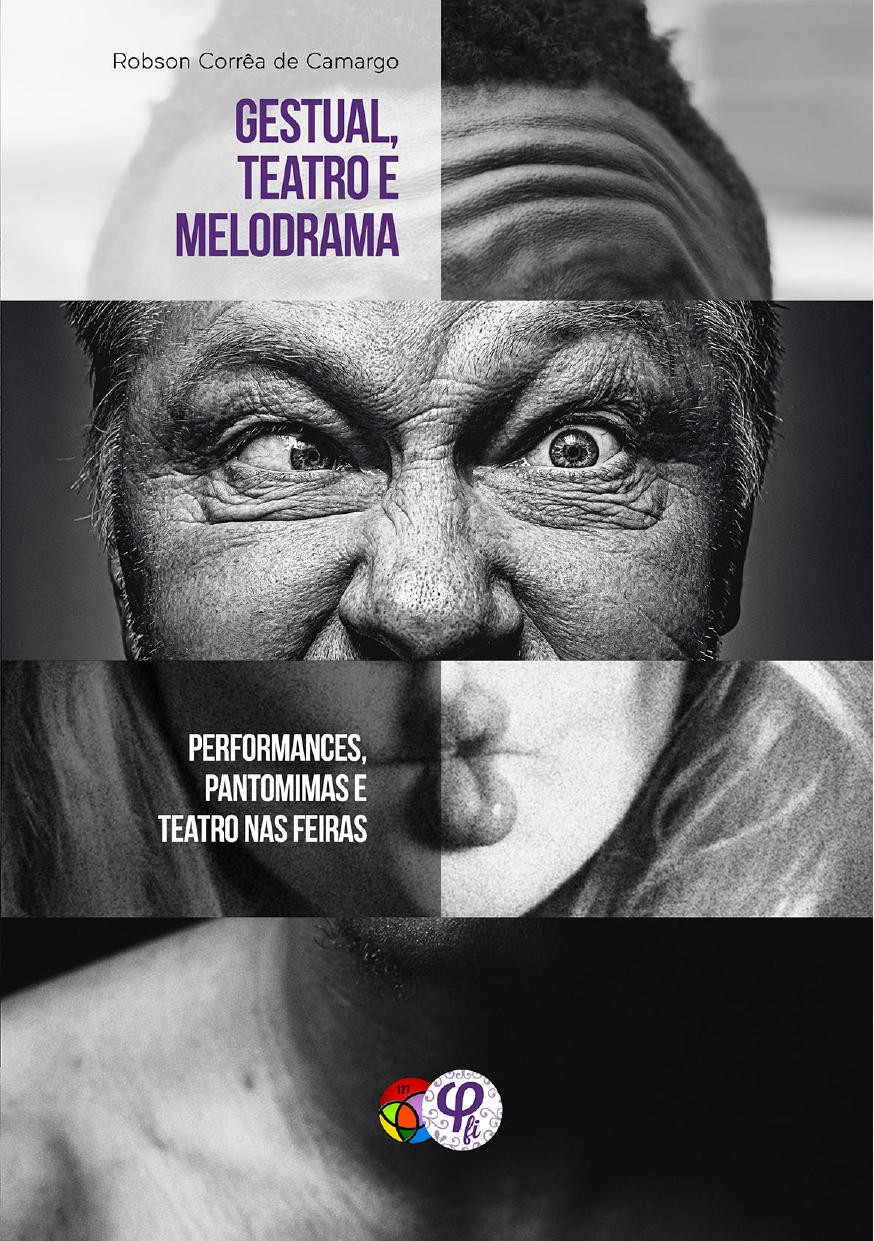
Gestual, Teatro e Melodrama: Performances, Pantomimas e Teatro nas feiras PDF
Preview Gestual, Teatro e Melodrama: Performances, Pantomimas e Teatro nas feiras
The concept and practice of the melodrama from a historic point of view.
According to Malu Puppo MELODRAMA "An ambivalent notion within the specifically theatrical universe, if melodrama is recognized as an important matrix deserving the attention of artists and scholars, it is often the object of a treatment capable of being designated as prejudiced, as it is seen as synonymous with stereotypes and predictability.
Manifestation whose roots go back to eighteenth-century France, he knew how to amalgamate himself with the different contingencies to which he was subject, to the point that today he is recognizable in mass communications, in cinema through its various generations and in literature, as well as in the theatre itself. When talking about melodrama, it is references linked to these fields that emerge with frequency and weight much greater than any knowledge of the historical nature of the melodramatic scene.
Robson Camargo confronts this gap with the fearlessness of the constant scholar, using sources that have been little explored until then, with the perspective of introducing the reader to the emergence and gradual configuration of melodrama. However, more than an outline of its historical evolution, what we have in this book is a passionate dive into the phenomenon, which results in the establishment of a singular point of view, based on a diversified bibliographical reference.
Research originally carried out with a view to obtaining the degree of Doctor in Performing Arts a the University of São Paulo, the text literally corresponds to its scope, that is, it presents and defends a thesis.
Gradually, we are invited to accompany our author in his effort to carefully reconstruct the object that occupies him. It is the theatre man who brings to light, through the sieve of the present time, melodrama as a strictly scenic manifestation. Although the links between this art, the feuilleton and cinema, for example, are reiterated throughout the text, what is focused here is the specificity of the melodramatic stage."
